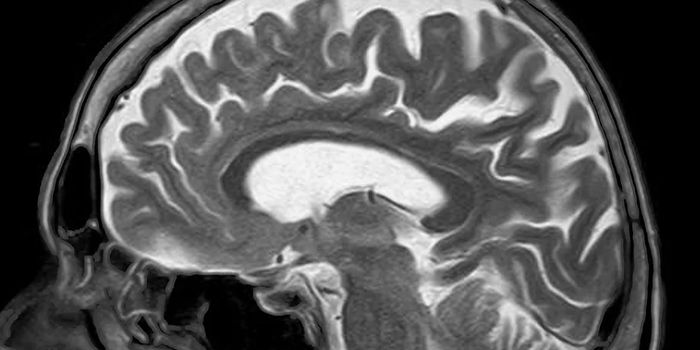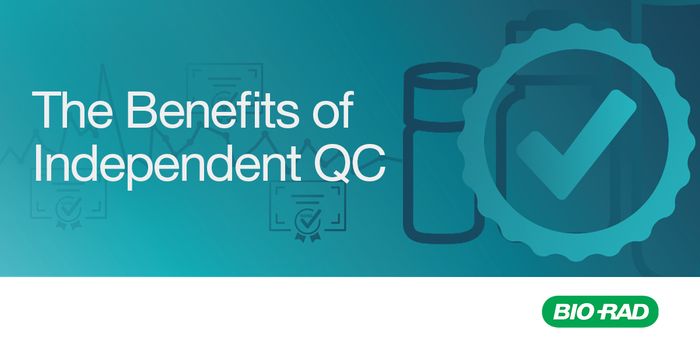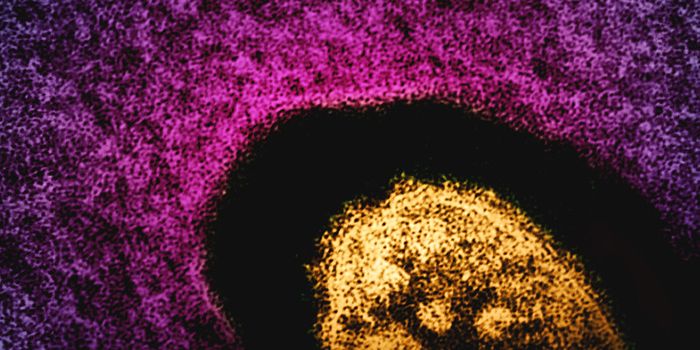Breast Cancer's Nasty Nine Revealed
Calculating an individual’s risk of developing breast cancer isn’t easy. There’s a complex interplay between genetic and environmental factors—family history, getting older, and drinking alcohol are among a long list of risk factors.
Given that risk estimation isn’t always black and white, how do individuals know if they need to seek preemptive clinical interventions? Irish cancer experts may now have the answer to this by teasing out specific genetic markers that are strong predictors of breast cancer development. The study was published recently in the New England Journal of Medicine.
Their genomic study of over 113,000 breast cancer patients and healthy controls has revealed a panel of nine specific gene variants that influence cancer susceptibility: ATM, BRCA1, BRCA2, CHEK2, PALB2, BARD1, RAD51C, RAD51D, and TP53. These nine genes could be used in health screens to help physicians identify which of their patients have elevated chances of developing malignancies.
Until now, BRCA gene mutations have been among the most talked-about genetic risk factors in relation to breast and ovarian cancers. In the United States, around 1 in every 500 women has a mutation in either the BRCA1 or BRCA2 gene. Of these, 50 out of every 100 women with a mutation will get breast cancer before turning 70—about a 7 times higher chance than those without the mutation.
Identifying more “risk” genes, especially those with strong associations to cancer development, helps make the susceptibility calculator more precise and accurate.
Professor Michael Kerin, who led the research efforts, said: "With this study we can identify the members within families who have abnormal genes that puts them at a higher risk of getting breast cancer, and they can avail of strategies such as early screening and risk reduction surgery, in order to improve their life expectancy."
Around the world, breast cancer is the most commonly occurring cancer in women with over 2 million new cases in 2018. While our genetic inheritance is beyond our control, this work highlights how women can leverage this genetic information to gain back some control over their health outcomes in the future.
Sources: National University of Ireland Galway, NEJM.









